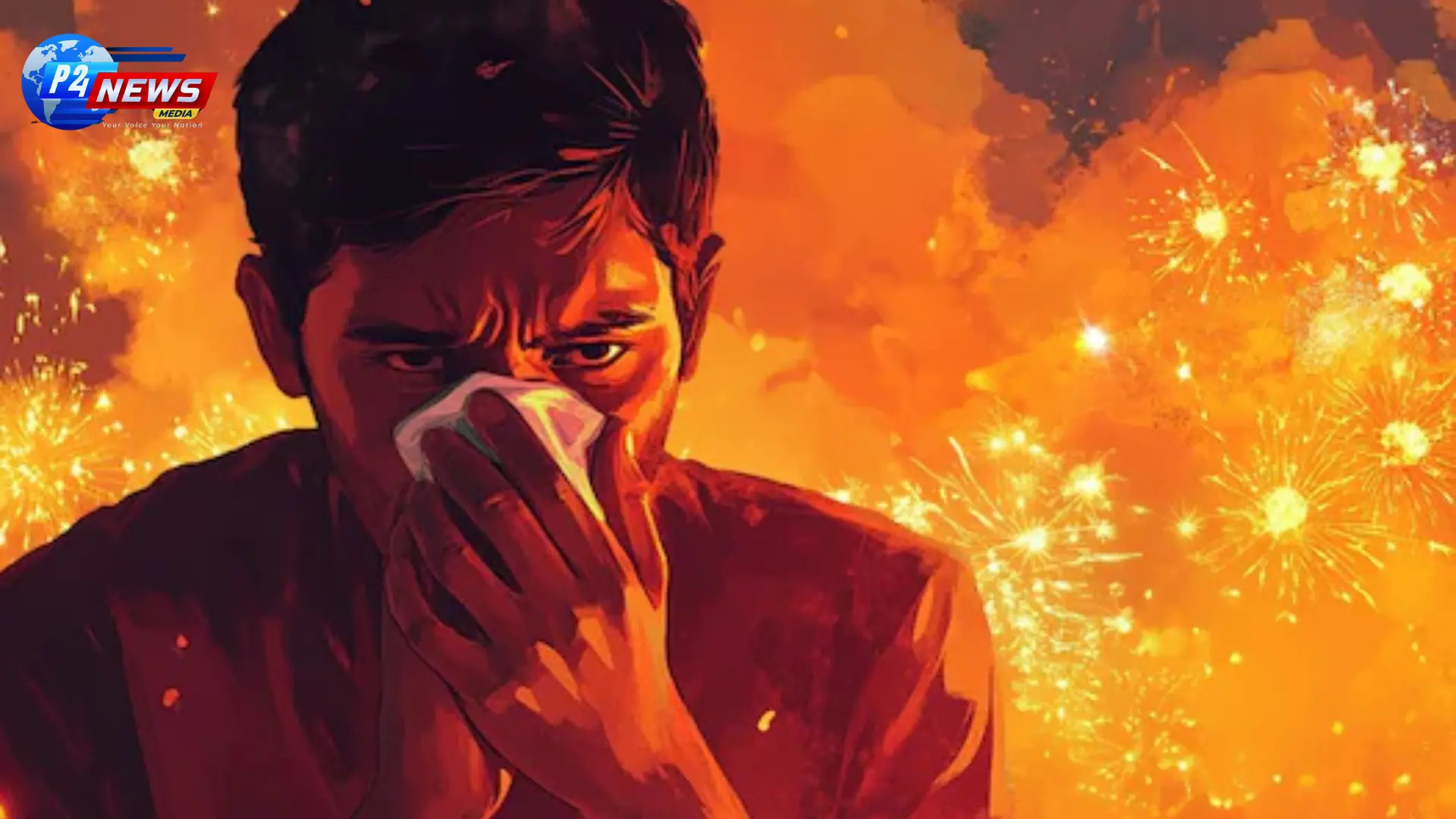The dramatic increase in pollution levels can be attributed to a combination of factors, including meteorological conditions and the continued use of firecrackers by some residents.
The dramatic increase in pollution levels can be attributed to a combination of factors, including meteorological conditions and the continued use of firecrackers by some residents.
Delhi has once again found itself engulfed in hazardous air quality levels following the Diwali celebrations. Despite the stringent ban on firecrackers aimed at curbing pollution, the Air Quality Index (AQI) has soared above 900, plunging the city into severe smog. This alarming deterioration in air quality has raised concerns among health officials and environmentalists alike.
The dramatic increase in pollution levels can be attributed to a combination of factors, including meteorological conditions and the continued use of firecrackers by some residents. Although there was a noticeable decline in firecracker sales this year, illegal fireworks were still reported in various parts of the city. Additionally, the weather conditions, with low wind speeds and high humidity, have exacerbated the situation, trapping pollutants closer to the ground.
The consequences of such poor air quality are significant, particularly for vulnerable populations. Medical professionals have warned that prolonged exposure to hazardous air can lead to serious health complications, including respiratory issues, cardiovascular diseases, and other chronic conditions. Hospitals across the city have already started witnessing an influx of patients suffering from pollution-related ailments.
In response to the worsening air quality, Delhi’s government has reiterated its commitment to enforcing the firecracker ban more stringently. Authorities have also launched public awareness campaigns to educate residents about the health risks associated with air pollution. However, experts suggest that a more comprehensive approach is needed, including long-term strategies to address vehicular emissions and industrial pollutants.
As winter progresses, Delhi is likely to face further challenges with air quality, particularly with the onset of crop burning in surrounding states. Experts are urging the government to take immediate action to mitigate these risks and implement sustainable policies to improve air quality in the long term. Without significant intervention, the city's air quality may continue to suffer, posing ongoing health risks to its residents.
The situation in Delhi serves as a stark reminder of the environmental challenges posed by urban celebrations and the need for greater public compliance with environmental regulations. As citizens and officials grapple with the consequences of Diwali festivities, it remains crucial to foster a culture of environmental responsibility and awareness to safeguard the health of the city's inhabitants.
Like
Dislike
Love
Angry
Sad
Funny
Pray
'Trump Tracker: Tulsi Gabbard's Surprising Appointment as US Intelligence Chief
November 14, 20249th Ayurveda Day in Melbourne: A Celebration of Ayurvedic Innovations and Global Health Impact
November 10, 2024🍪 We Value Your Privacy and Experience Hi there! We use cookies to enhance your browsing experience, provide personalized content, and analyze site traffic. By continuing to use our site, you consent to our use of cookies.







Comments 0